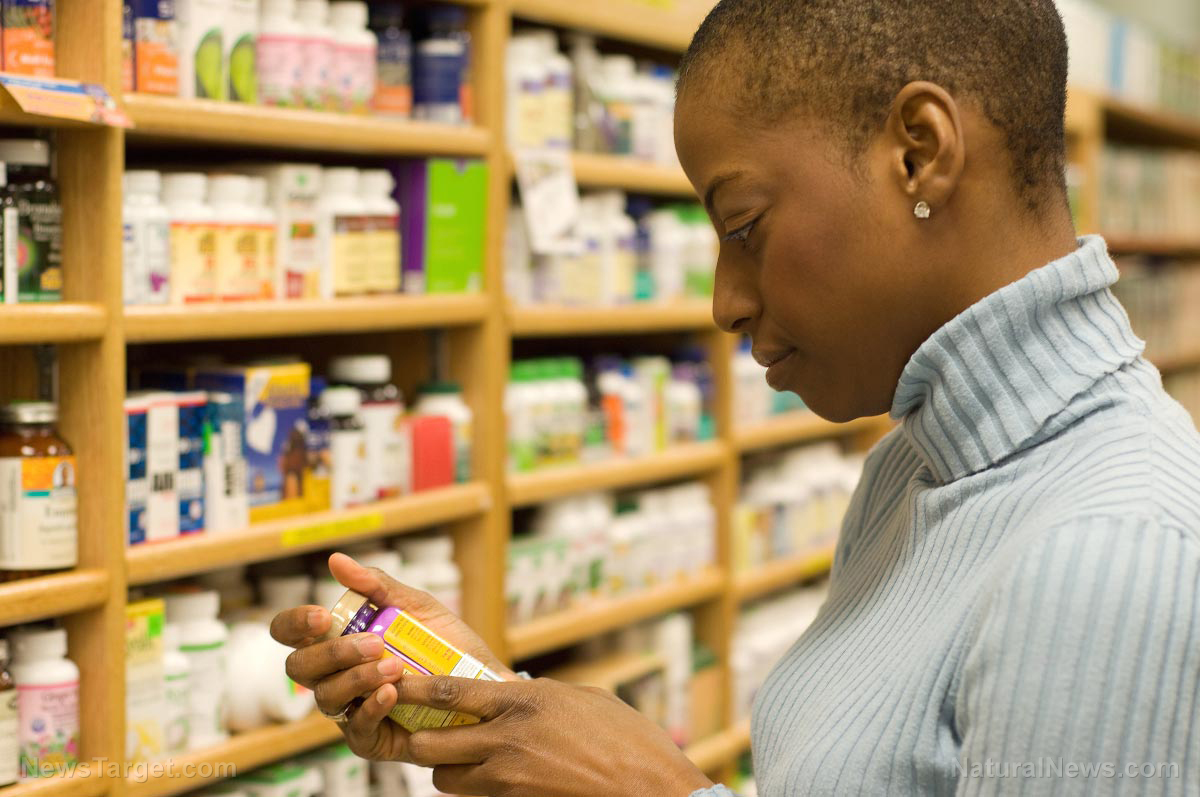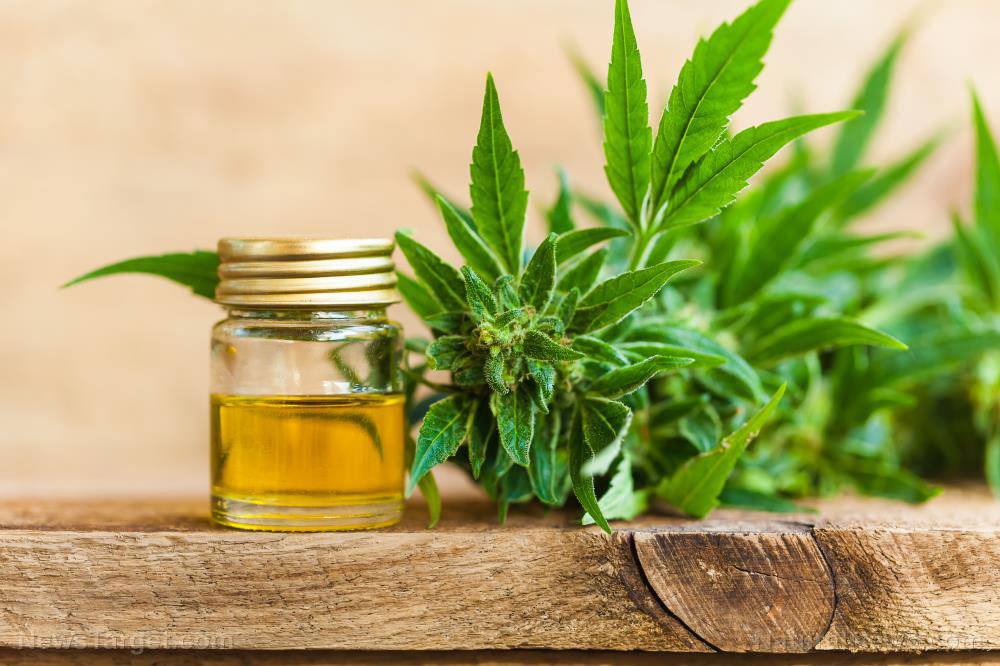
“In looking at those cases, we find that there are a lot of products that are difficult to identify exactly what they are and what they're used for,” said Dr. Victor J. Navarro, from the department of transplantation at the Einstein Healthcare Network in Philadelphia and the director of the National Institute of Diabetes and Digestive and Kidney Diseases' Drug-Induced Liver Injury Network (DILIN).
DILIN collected data from 2,268 patients enrolled in the program between 2003 and March 2016. Of the 341 supplements that the agency collected, researchers have performed chemical analysis of 229 products and found that 26 of them did not have properly labeled ingredients.
The researchers also found out that 90 of 203 supplements had accurately labeled contents. The rate of mislabeling was 80 percent for 10 analyzed steroidal ingredients, 54 percent for 26 vitamin ingredients, and 48 percent for 122 botanical ingredients.
The rate of mislabeling by product was 79 percent for 34 bodybuilding products, 72 percent for 36 weight loss products, 60 percent for five energy drinks, and 51 percent for general health and well-being supplements. (Related: Supplements that will help speed up weight loss.)
“We found that the majority of products that patients give us are mislabeled. That is, what's in the product, once analyzed chemically, does not match what's on the label,” Dr. Navarro said.
The National Center for Natural Products Research at the University of Mississippi then double-checked Navarro and his team's findings and came up with the same conclusion.
However, some parties expressed their doubts as to the study's findings. Speaking on behalf of the pharmaceutical industry, Dr. Rick Kingston of the University of Minnesota School of Pharmacy said the risk of being poisoned from mislabeled supplements is actually very low.
“Considering the class of dietary supplements products more commonly associated with reports of liver injury, it will also be more important to determine if other patient behaviors or lifestyles may also be contributing to adverse liver effects. In the end, we need to determine for those few patients that have been put at risk, which products and under what circumstances of use would they predictably produce liver injury,” Kingston said.
For his part, Council for Responsible Nutrition senior vice president of scientific and regulatory affairs Duffy MacKay, said: “Dietary supplement manufacturers are required to declare all ingredients on their product labels. Products that contain undeclared ingredients are illegal. Before drawing any conclusions, this new research should be peer-reviewed and confirmed, and the companies should be a contacted for a response.”
If you are interested in knowing more about the unpredictable world and all the possible dangers it can give to us, visit Risk.news.
Sources include:
Please contact us for more information.























